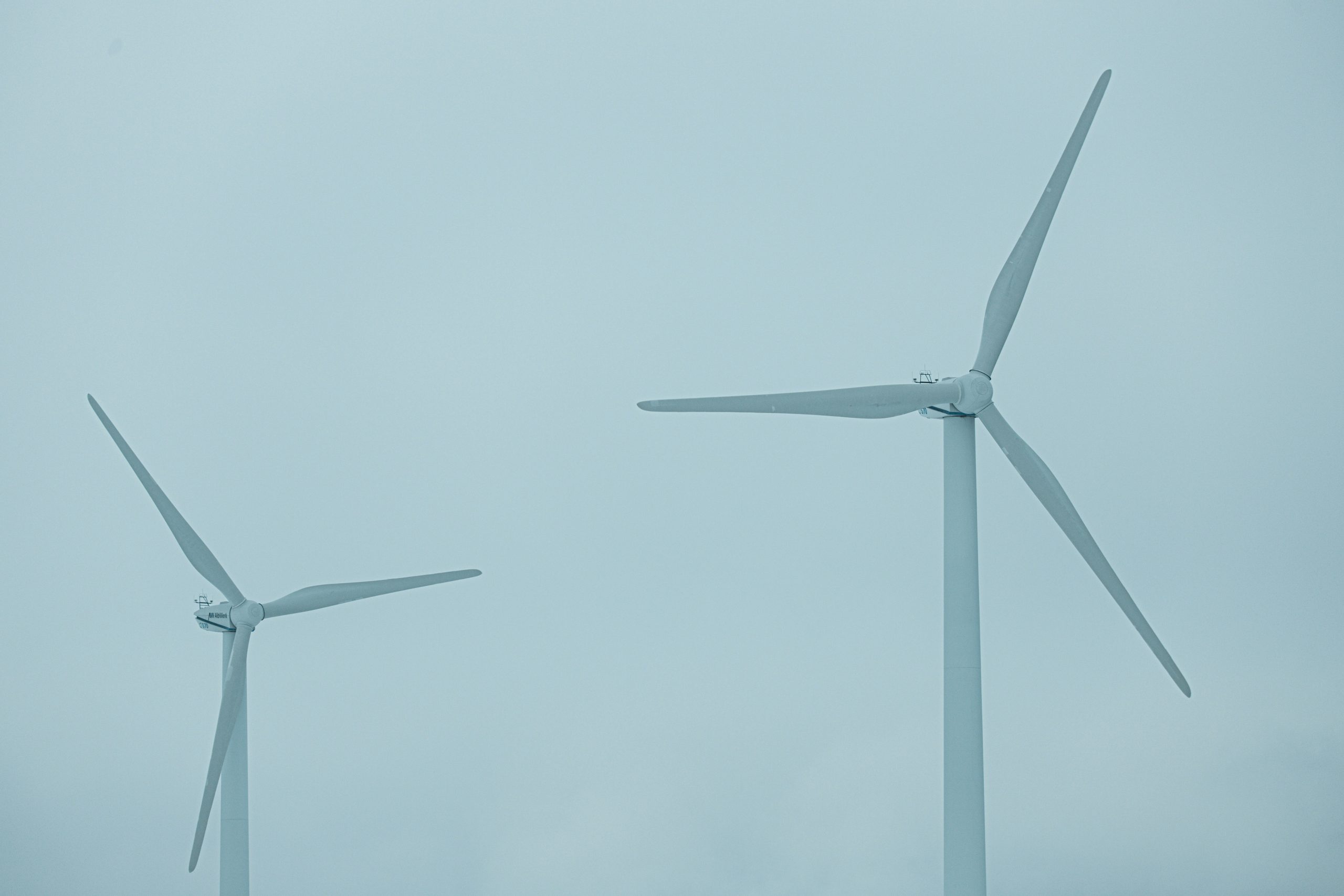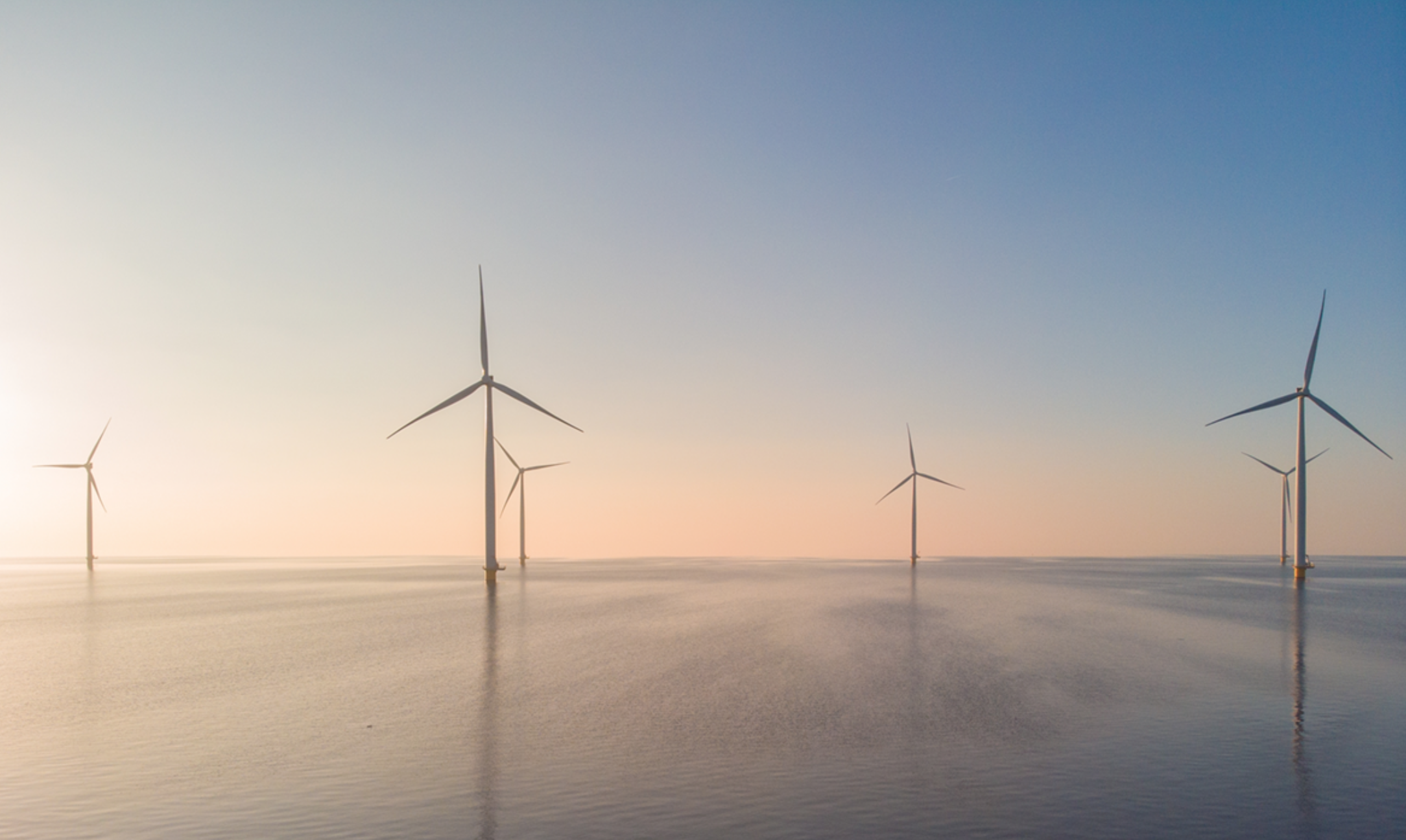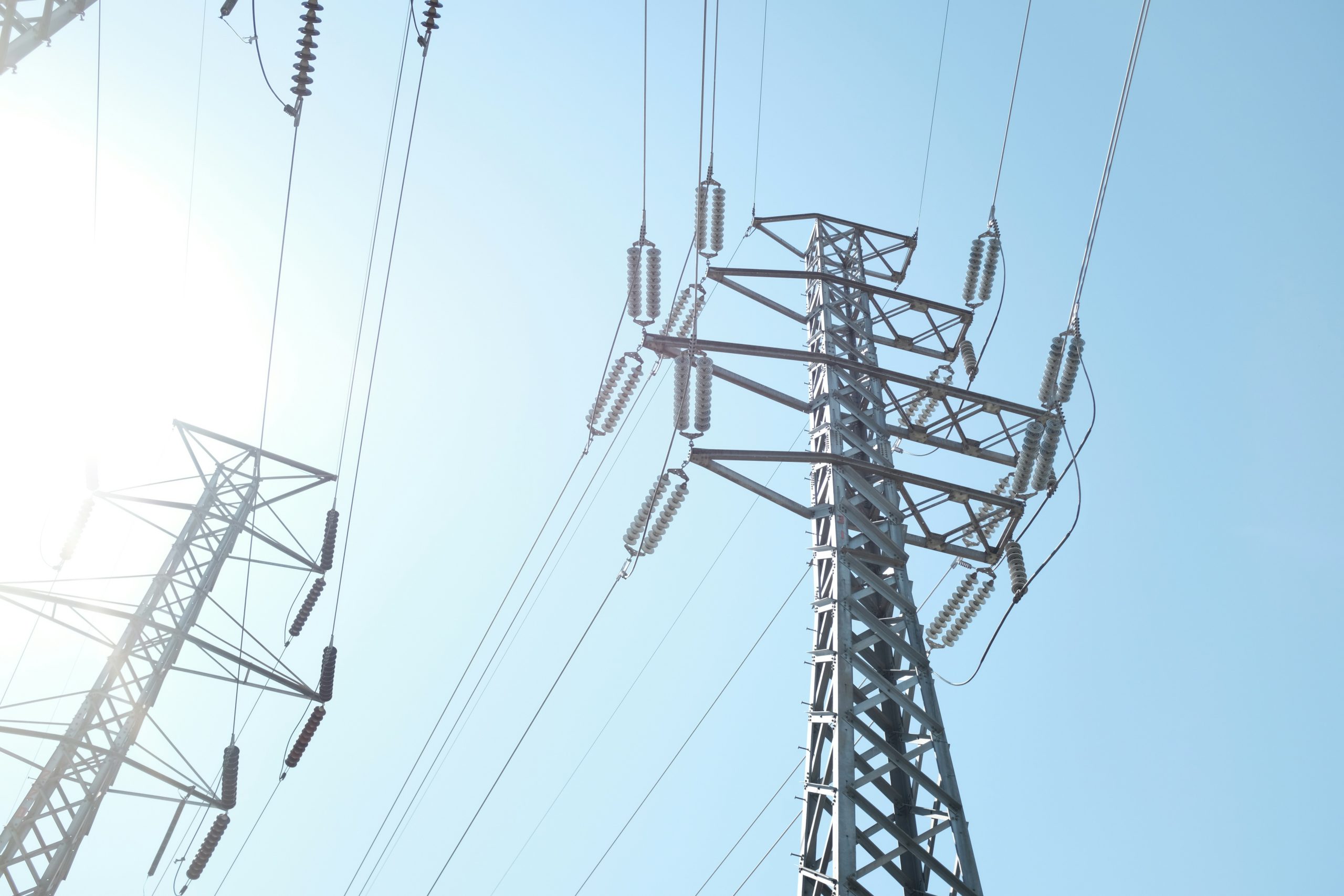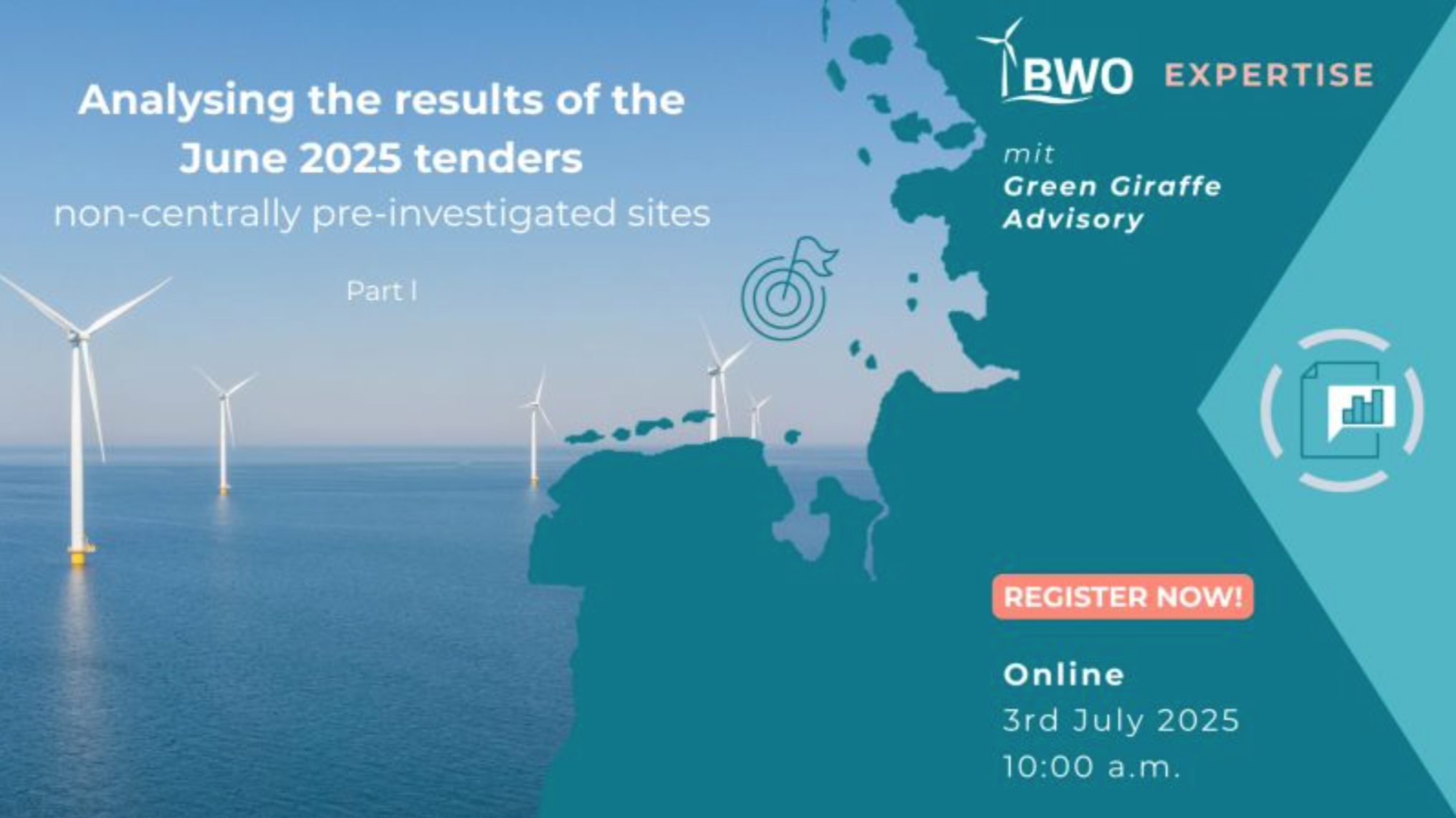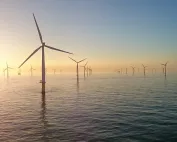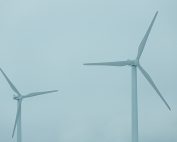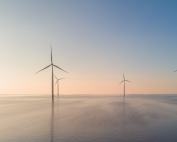Today at a meeting of the European Parliament, MEPs adopted a strategy for the development of offshore energy in Europe. This is a watershed moment for the offshore wind industry. The document sets ambitious goals for the development of this industry in Europe. The report was approved by 518 votes to 88, with 85 abstentions.
The report, voted on by MEPs, stresses that achieving the 2030 and 2050 targets requires faster development of offshore energy, and that marine space and coasts must be managed in a more sustainable way. A climate neutral economy requires the introduction of renewable energy on an unprecedented scale. Parliament stresses the urgent need to improve and expand existing energy infrastructure. Many member states are lagging behind when it comes to implementing RES in the power industry.
The European Parliament has adopted the EU strategy on #offshore #renewables. Broad political support is important for the #climate. Thanks for support and cooperation @WeissPernille @JuttaPaulusRLP @tobiszowski @NielsFuglsang #offshorewind #EUGreenDeal #RenewableEnergy pic.twitter.com/4UMdFBHkp0
— Morten Helveg (@mortenhelveg) February 16, 2022
MEPs also stressed the need to shorten permit procedures and urge member states to establish a transparent process and consider putting time limits on permits where necessary.
The EU is a technological leader in the RES production sector and can expect a significant economic boost by supporting the development of clean energy production. In their view, the NextGenerationEU Recovery Fund represents a unique opportunity to mobilize capital to complement private investment.
Stakeholder cooperation in marine areas is key
Offshore wind farms can benefit biodiversity if they are designed and built sustainably, but they must coexist with other activities such as fishing and marine transportation. The European Parliament argues that efforts must be made to make offshore wind energy acceptable to the public and to convince citizens that renewable energy is the key to achieving energy independence and security of supply.
“The offshore renewable energy strategy is central to a green transformation where time is of utmost importance. We need a lot of green electricity to meet our climate targets and a strategy for offshore renewable energy is absolutely essential in this respect, said rapporteur, MEP Morten Petersen (Renew, DK).
Read also comments by Morten Petersen for BalticWind.EU Morten Petersen: The offshore renewables strategy will help to fulfill large CO2 reductions
The objective of the European Commission is to develop RES at sea, i.e. 60 GW by 2030 and 340 GW by 2050. The report also highlights that the cost of offshore wind has fallen dramatically over the past two decades (down 48 percent between 2010 and 2020) and is now one of the most competitive energy sources. However, without phasing out fossil fuels and fossil fuel subsidies, MEPs say, it will be impossible to achieve the EU’s RES targets and limit the rise of air temperature, that is the global warming.
Source: European Parliament




